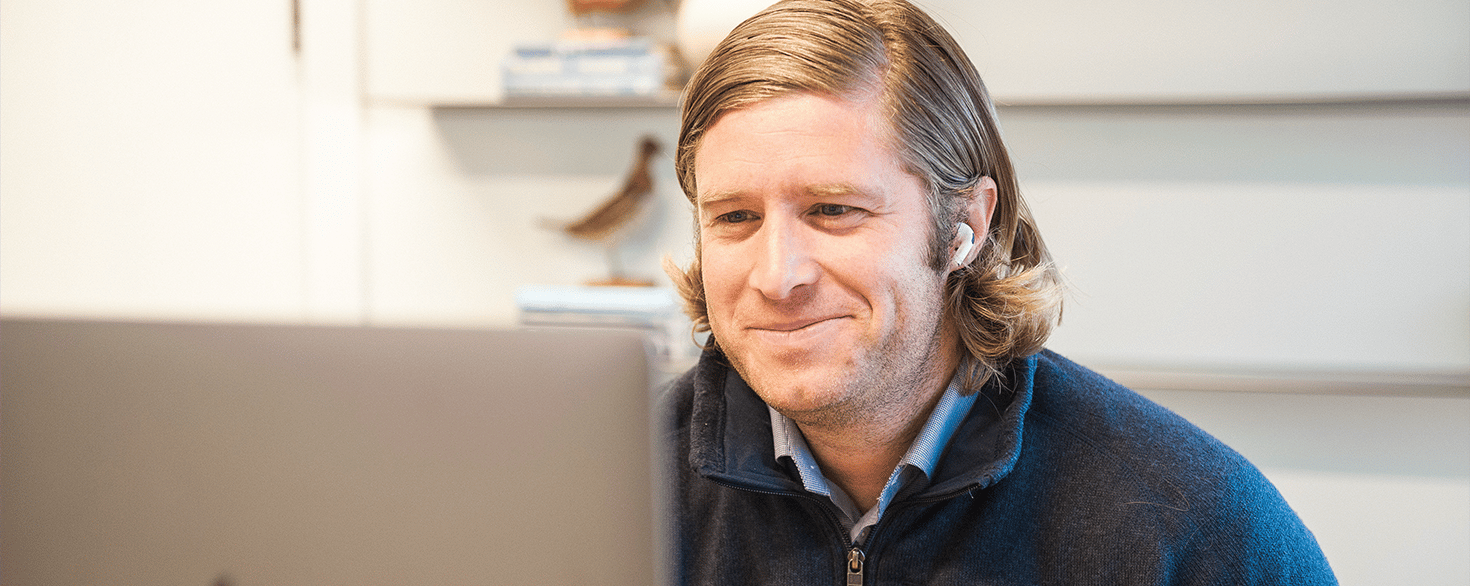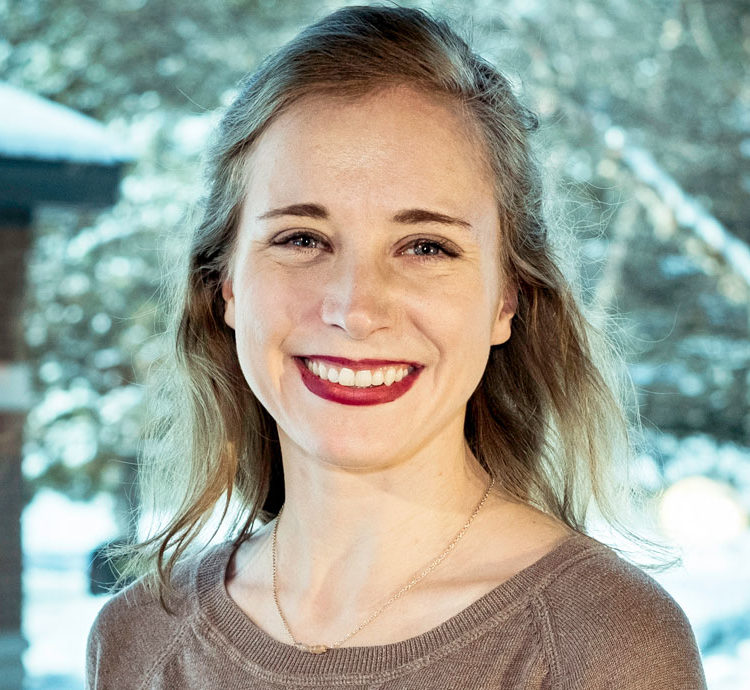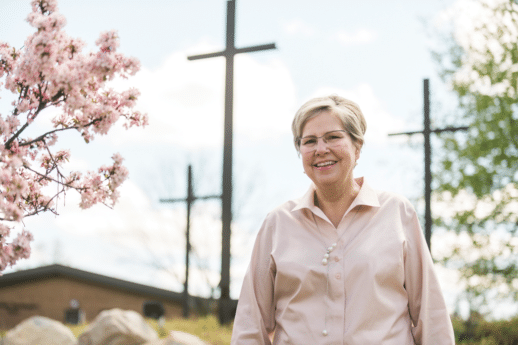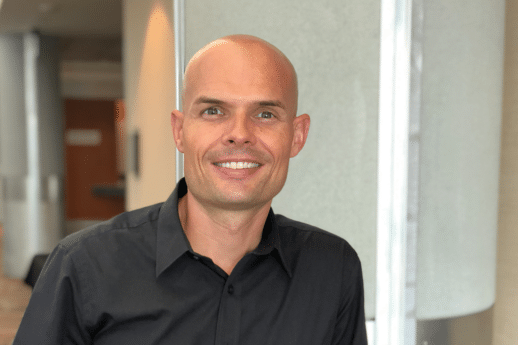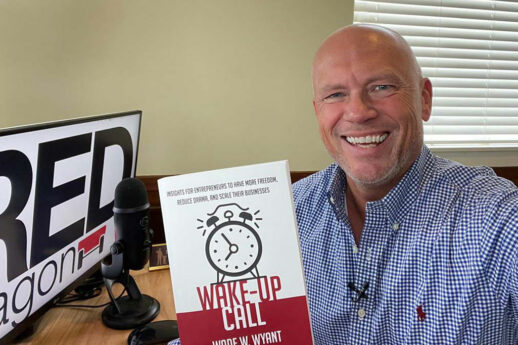In 2008, Mark Johnson’s wife, Allison, handed him a honey-do list. Mow the lawn. Do the dishes. Create an app.
For Johnson, creating an app was an opportunity to serve his wife. Allison wanted to listen to the radio on her phone, but at the time, she didn’t have any way to do so. Johnson read every book he could find about building an app and then went to work. The end result was a simple iPhone app for Cornerstone University’s WCSG radio.
It didn’t take long for word to get out. After hearing about the app, Johnson’s friend from church, Josh Hulst, partnered with him to create an Android version. They then donated the app to WCSG as a tool for the radio station to promote to its listeners. Johnson and Hulst figured that was the end of it.
They figured wrong.
Not long after, Volkswagen called, along with other large Fortune 500 organizations from around the globe. Johnson and Hulst soon realized they had an opportunity to solve problems for organizations big and small. In 2010, they launched Michigan Software Labs in the basement level of a Grand Rapids office building.
“We never really advertised or anything like that,” Johnson said. “But we served our clients well. And then they would refer us to other clients.”
Their efforts paid off. Recently named one of Inc. 5000’s Fastest Growing Private Companies, Michigan Software Labs now occupies a beautiful, modern office space in downtown Ada, Mich. The company builds apps, cloud solutions and artificial intelligence (AI) for consumer, life sciences, industrial, logistics, construction and nonprofit clients. They rank No. 1 on Mobile App Daily’s Android and iOS app development companies.
“We do a lot of work for large companies to help them scale their business,” Johnson explained. “We help them optimize their work and get value from software.”
Michigan Software Labs isn’t just a business to Johnson and Hulst. It’s a vessel to serve their clients and educate them about the ever-changing world of tech. The core tenets of Michigan Software Labs are to partner with humility, grow through constant curiosity, build like they’d build for themselves and be better together. Every morning, Johnson and Hulst pray together—for their team, for their clients and for the work they do.
“We want to serve our clients with excellence,” Johnson said. “Most of our clients are not faith-based, but we often find them saying to us, ‘You seem like somebody I can trust.’”
Johnson understands that changes to technology can come with fear, uncertainty or outright refusal to adapt.
But Johnson echoed the sentiment of Microsoft CEO Satya Nadella—“Institutions have gone through two years’ worth of digital transformation in two months” after the onset of the COVID-19 pandemic. The switch to online work, school and social events caused huge disruption followed by tremendous opportunity. While some organizations have embraced that opportunity, others have fallen behind.
So what’s next for technology? In some countries, robots are now caring for those in need. Artificial intelligence has the capability to assist in performing brain surgery. Johnson said that, by 2032, it’s highly possible that AI could be programmed to flawlessly write a college essay—and no one would know the difference. He used AI to write the conclusion of a recent Forbes article, and the copy was indistinguishable from his own.
But that’s no reason to be afraid or apprehensive. These sorts of things will simply become a way of life. As a man of faith, it’s Johnson’s job to use this technology in a way that is ethical and beneficial for his clients.
“AI is a work colleague,” Johnson said. “It’s like any tool that needs to be optimized. You’re going to have to get to know it. The more we treat this tool like that, the less we’ll feel threatened by it.”
With 12 years of rapid growth and a road ahead full of possibility, Michigan Software Labs is poised to continue to thrive in the app development industry—all because Johnson checked off a “honey-do.”




